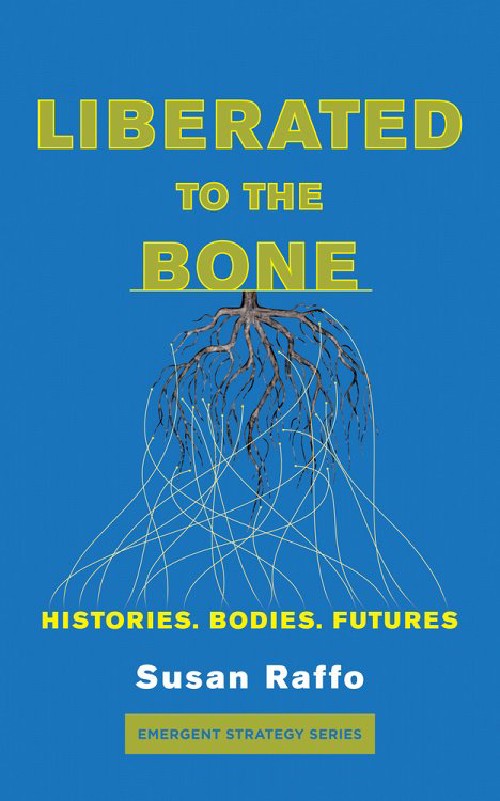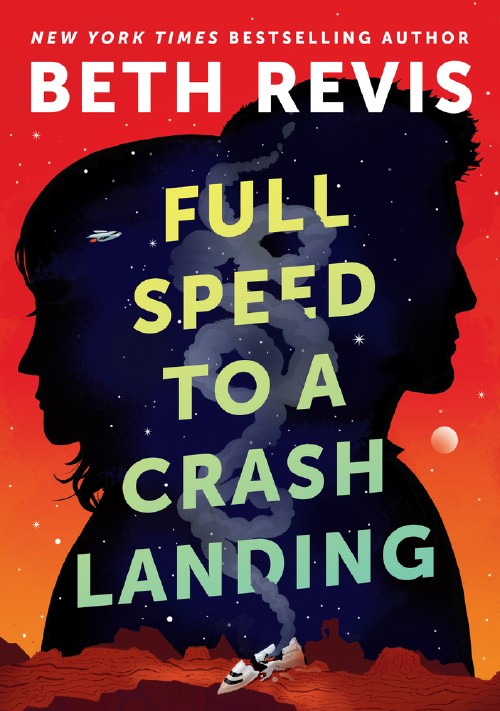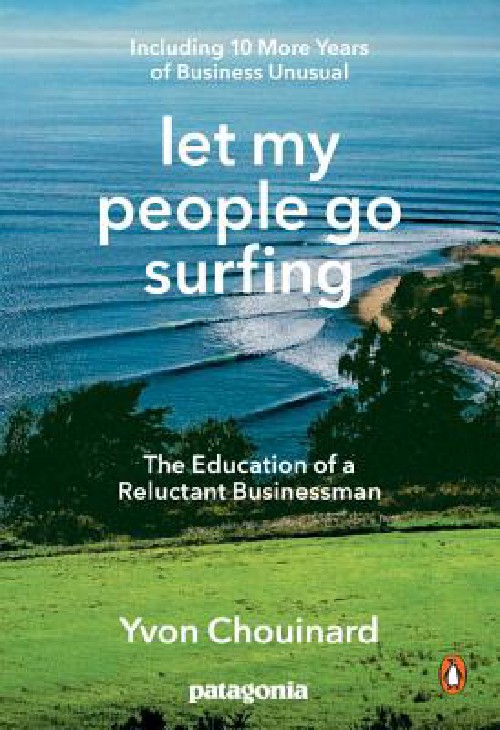
Liberated to the Bone
Copyright 2022, AK Press
Disability Theory, Cultural Analysis
When I use the phrase “healing justice,” I am reflecting on how the systems we seek to change outside of our bodies are also carried within our bodies. I am recognizing that the systems of care in Western medicine that we depend on are also part of the systems of dominance and oppression that we want to transform. And finally, I recognize that those most impacted by systems of dominance and empire building, specifically Indigenous, Black and Brown people, have culturally grounded systems of care and support that have been and are sometimes still being violently attacked, minimized and disappeared, and then repackaged and sold by people outside of those cultural traditions. “Healing justice” is more than healing that happens to people who care about justice. (p25)
For the body and its survival strategies, change can feel like dying. This is true even when our thinking-brain loves what we are learning. The survival-self operates faster than our thinking-self and, when it comes across something new, even as our thoughts are experiencing pleasure, our survival strategies are often doubling down. For our survival-selves, different doesn’t mean good. Our survival strategies prefer to operate by what we already know, even if what we know doesn’t support our liberation. It might not be the best way to survive but it has worked in the past. We are still here. My teacher explained that, when we give our brains information about a thing without being Wow deep in practice with it, it just gives us more tools and strategies to protect ourselves from change. Everything can be a tool or a weapon. Information can be used for liberation or it can be used like a shield. How many times have you met folks who have all of the right language about a thing but whose actions and ways of being are in contradiction to their words? This is what our own brains can do, getting close to but preventing us from going into the hard places, the painful places that are frozen up tight. My mentor was clear that, without enough time in practice, teaching about trauma would most likely become another shield to protect us from change rather than a tool for our shared liberation. (p103)



